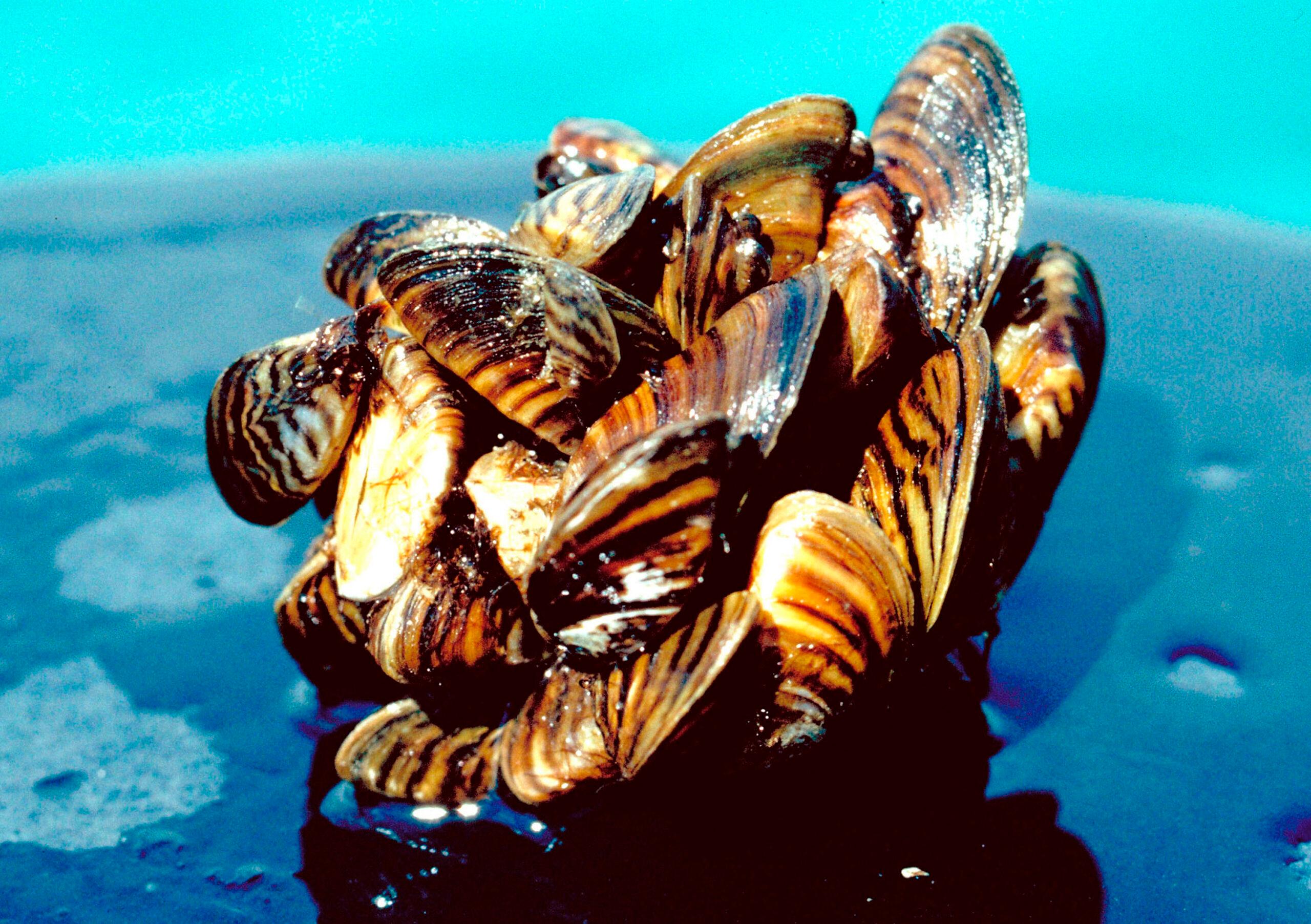
Following the historic discovery of the invasive zebra mussel species in Highline Lake last fall, state wildlife officials will soon begin the process of lowering the water levels in the lake in an attempt to kill off the population.
Colorado Parks and Wildlife discovered a single adult zebra mussel in the lake during a routine invasive species sampling test in September. In October, after a survey found a significant population in the lake northwest of Grand Junction, CPW changed the lake's classification from “suspect” to “infested.” The designation was the first of its kind in Colorado related to the invasive species.
Over the next few months, the lake will be lowered about 30 feet. The lake had already been lowered 20 feet in November to inspect a pump. The agency will also apply EarthTec QZ, a copper-based molluscicide, when weather starts to get warmer around March.
“The next phase to remove zebra mussels from Highline Lake will be twofold,” State Park Manager Alan Martinez said in a statement. “Our goal is to eliminate the mussels while protecting a quality warm water fishery that has taken decades to build.”
CPW hopes to return Highline Lake to normal water levels by May. Following the treatment, the lake will be tested weekly for the presence of zebra mussels. Even if no evidence of the invasive species is found, Highline Lake will be considered infested for five years. Boats using the lake during this time period will be subject to mandatory inspections before leaving the park.
The small freshwater mussel is native to lakes in Russia and Ukraine, and the species can reproduce quickly. The mussel is known for killing off native plankton that other species rely on for food. They are most commonly spread by boats moving between different bodies of water without proper cleaning.
CPW has said that further spread could cause “millions of dollars in damages to water-based infrastructure, impact water quality and limit recreational opportunity.”
This story has been updated to reflect that the lake is northwest of Grand Junction.









